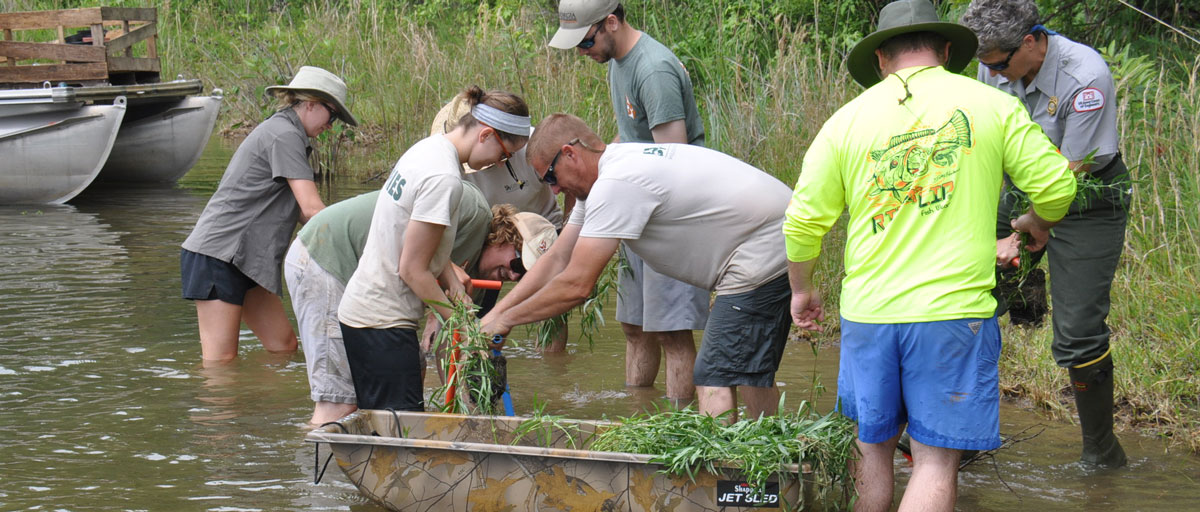EARTH SYSTEM
Current food production is missing a crucial ingredient
Sustainable food production techniques ignore crucial interactions in the Earth’s natural system. Incorporating them can be a game-changer
- Earth system interactions are often overlooked despite their pivotal role in keeping agricultural regions and fisheries well functioning
- By assessing the interaction of Earth system processes we can ensure they are considered when designing and implementing food production and agriculture policy
- But we need better communication, meaning that authorities responsible for areas like agriculture policy and marine policy need to talk to each other
RECIPE FOR FAILURE OR SUCCESS: The way we produce our food today means that many of the Earth system processes will amplify current problems rather than attenuating them. However, this also means that positive actions in one domain can cascade through to others through interactions.
This is the conclusion from a new study published in Nature Sustainability.
The study was led by Anna Chrysafi at Aalto University in Finland with Centre researchers Steve Lade, Lan Wang-Erlandsson and Ingo Fetzer contributing as co-authors.
The role of green water
With food production already being one of the biggest stressors to our planet, the researchers examined and characterised various Earth system interactions and how help sustain more sustainable food production.
Earth system interactions are often overlooked despite their pivotal role in keeping agricultural regions and fisheries well functioning.
Ingo Fetzer, co-author
Take green water for instance. This refers to the water stored in soil that is available for plants to grow. It connects forest with agricultural productivity.
In many regions of the world, forests root deeply to store soil moisture and access groundwater. During the dry season this water is released to the atmosphere, supplying moisture for much needed rainfall over downwind croplands. Where upwind forests are gone, downwind rainfall diminishes, and crop productivity dwindles.
“Acknowledgement of these interactions is needed for maintaining a more stable and sustainable food production,” adds co-author Lan Wang Erlandsson.
 Zoom image
Zoom imageInteractions among Earth system processes relevant to food production.
More collaboration and consistency
“By assessing the interaction of Earth system processes we can ensure they are considered when designing and implementing food production and agriculture policy,” Steve Lade explains.
But, he warns, ensuring we address these various interactions will require action. The agencies that set policies in these different domains need to set consistent goals.
“We need better communication, meaning that authorities responsible for areas like agriculture policy and marine policy need to talk to each other,” Lade concludes.
Read Quantifying Earth system interactions for sustainable food production via expert elicitation
Methodology
The study used expert elicitation, which is a structured survey of experts' knowledge, combined with network analysis of elicitation results. In an elicitation, researchers can formulate expert knowledge and beliefs about potential uncertainties into a probabilistic form that can subsequently be treated as empirical data and used for modelling purposes when other data are unavailable. The authors followed the structured IDEA (investigate, discuss, estimate, aggregate) elicitation protocol for a remote expert knowledge elicitation. Structured elicitation protocols help reduce bias and error associated with heuristics that experts use when making judgements. The IDEA protocol is a structured modified Delphi approach that leads to improved judgements when a diverse group of engaged experts participate. The applid elicitation process consisted of two anonymous elicitation rounds, between which was an online discussion round using pseudonyms.
Chrysafi, A., Virkki, V., Jalava, M. et al. 2022. Quantifying Earth system interactions for sustainable food production via expert elicitation. Nat Sustain (2022). https://doi.org/10.1038/s41893-022-00940-6









